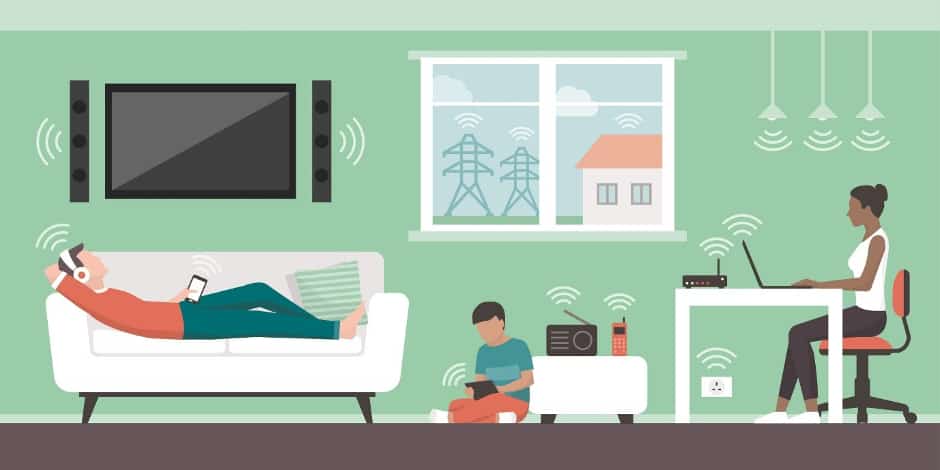Unobtrusive OPERA project to sense health in the home
A new project dubbed OPERA will investigate whether WiFi signals can be reused as a medical radar system to monitor for health anomalies in the home.

The research, led by Bristol University, is part of a new £1.5m grant awarded by the EPSRC, Toshiba and Decawave to the OPERA project, a consortium including the universities of Bristol and Oxford, University College London and Coventry University.
Starting in October 2018, the three-year project will extend the current SPHERE (Sensor Platform for HEalthcare in a Residential Environment) project, which is developing sensors to identify health and wellbeing anomalies in the home. Both projects run until 2021.
https://www.theengineer.co.uk/issues/june-2013-online/pervasive-sensors-to-tackle-obesity-and-problems-of-ageing/
A person’s physical activity and patterns of behaviour play a significant role in health conditions including diabetes, dementia, depression, chronic obstructive pulmonary disease, arthritis and asthma. Britain currently spends 70 per cent of its health and social care budget on these types of conditions.
According to Bristol University, long-term physical activity and behaviour monitoring is best collected at home, where it is possible to install personalised sensor platforms and where people from high-risk groups often spend most of their time.
Register now to continue reading
Thanks for visiting The Engineer. You’ve now reached your monthly limit of news stories. Register for free to unlock unlimited access to all of our news coverage, as well as premium content including opinion, in-depth features and special reports.
Benefits of registering
-
In-depth insights and coverage of key emerging trends
-
Unrestricted access to special reports throughout the year
-
Daily technology news delivered straight to your inbox










Water Sector Talent Exodus Could Cripple The Sector
Maybe if things are essential for the running of a country and we want to pay a fair price we should be running these utilities on a not for profit...